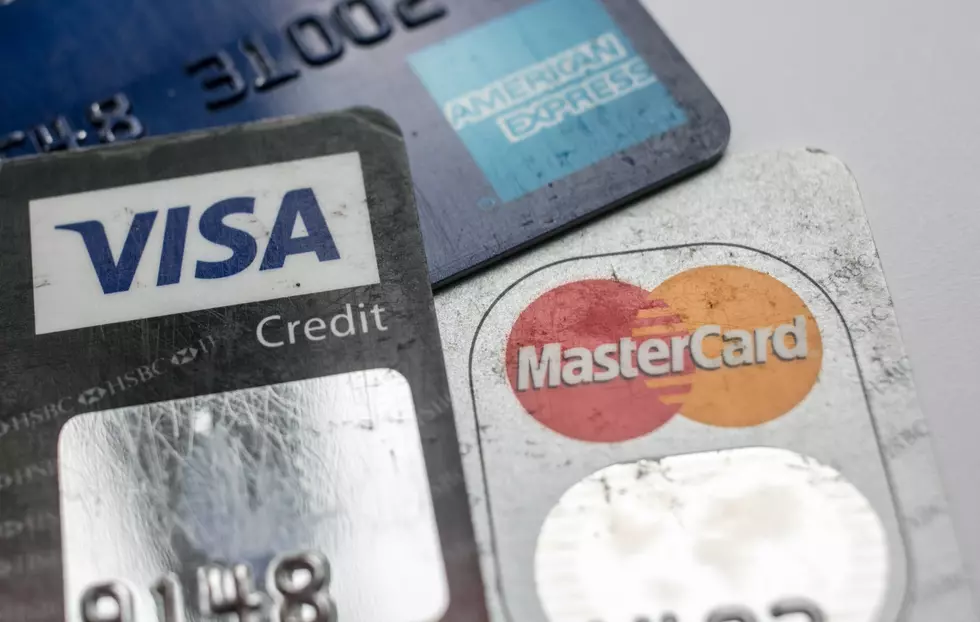
South Dakota Household Credit Card Debt Declines
$1,080,000,000,000. That huge number is the total amount of credit card debt American consumers held in the third quarter of 2019. That equates to about $8,398 of credit card debt per household.
Credit card debt is just one part of the total overall consumer debt held by Americans. When mortgages, auto loan, personal loans and student loans are factored in, American consumers owe more than $13.86 trillion.
To go further, add in the record-high corporate and government debt, not to mention unfunded liabilities such as pension funds and healthcare programs, and there might not be enough room on your screen for all the zeros.
Can all this ever be paid back? Hard to say, but consumers have been making small a step in that direction.
According to a new study by the consumer website WalletHub, U.S. consumers paid down a record $118 billion in credit card debt during the first half of 2020. Generous unemployment benefits and household austerity measures are credited with the decline.
WalletHub projects that U.S. consumers will end 2020 with a slight reduction in credit card debt for the first time since 2009 during the peak of the Great Recession.
When it comes to South Dakota consumers, we are doing a little better with credit card debt when compared to other states.
According to the WalletHub study, the average South Dakota household credit card debt declined $403 for a total of $6,836, the 7th lowest average in the country.
Total credit card debt for South Dakota is 4th lowest in the U.S. coming in at $2,211,607,071 after a reduction of -$137,559,956 during the first half of 2020.
California is the top state for the highest household average and total credit card debt. The average household owes $9,472 and California consumers are on the hook for $116,331,485,435.

KEEP READING: These are the top 6 scams connected to the pandemic
More From KIKN-FM / Kickin' Country 99.1/100.5


![Meet Pippy, The Rez Dog That found a Home On the Range [LISTEN]](http://townsquare.media/site/483/files/2024/07/attachment-20240718_154443.jpg?w=980&q=75)
![Tyler Halverson-From South Dakota to Nashville [UPDATE]](http://townsquare.media/site/483/files/2021/05/20210514_094526.jpg?w=980&q=75)


![Bobby Bones Butt Slap: Inappropriate or Not? [WATCH]](http://townsquare.media/site/483/files/2024/04/attachment-Bobby-Bones-from-The-Bobby-Bones-Show.jpg?w=980&q=75)


